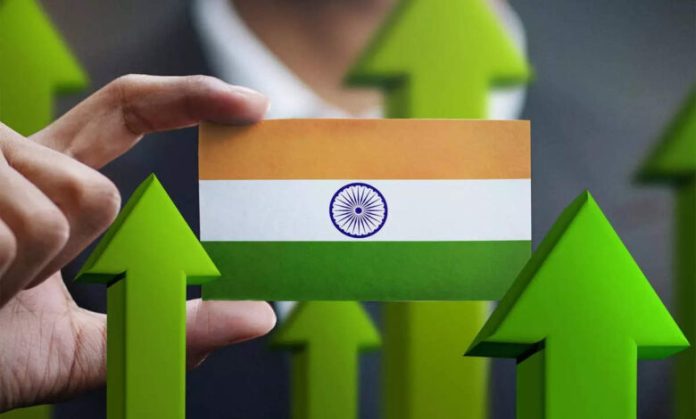India’s recent rollout of UPI services in Sri Lanka and Mauritius, along with the launch of RuPay card services in Mauritius, marks a significant milestone in the realm of digital diplomacy and economic integration. Prime Minister Narendra Modi’s description of this initiative as linking historic ties with modern digital technology underscores the transformative potential of fintech in fostering stronger bilateral relations and advancing economic cooperation. The adoption of UPI and RuPay services represents a convergence of India’s technological prowess and its commitment to enhancing regional connectivity and financial inclusion. With UPI’s instant real-time payment system facilitating inter-bank transactions through mobile phones and RuPay’s global card payment network offering wide acceptance at various points of sale, this expansion opens up new avenues for seamless financial transactions and cross-border trade. The PM’s emphasis on the role of digital public infrastructure in bringing about revolutionary change in India resonates with the broader narrative of leveraging technology for inclusive growth and development. By extending these services to neighbouring countries, India not only strengthens its position as a regional leader but also reinforces its commitment to the ‘neighbourhood first policy’, prioritising collaborative efforts for mutual prosperity and stability.
The timing of this initiative amidst the backdrop of increasing bilateral economic ties between India, Sri Lanka and Mauritius underscores its strategic significance. The availability of UPI services for nationals travelling between these countries not only streamlines financial transactions but also promotes tourism, trade, and investment. Furthermore, the launch of these services underscores India’s proactive approach towards leveraging fintech solutions for addressing common challenges and enhancing resilience in the face of emerging threats, be they natural disasters, health crises, or economic disruptions. As these initiatives gain momentum, they have the potential to reshape the financial landscape, deepen regional cooperation, and unlock new opportunities for growth and development in the years to come.


